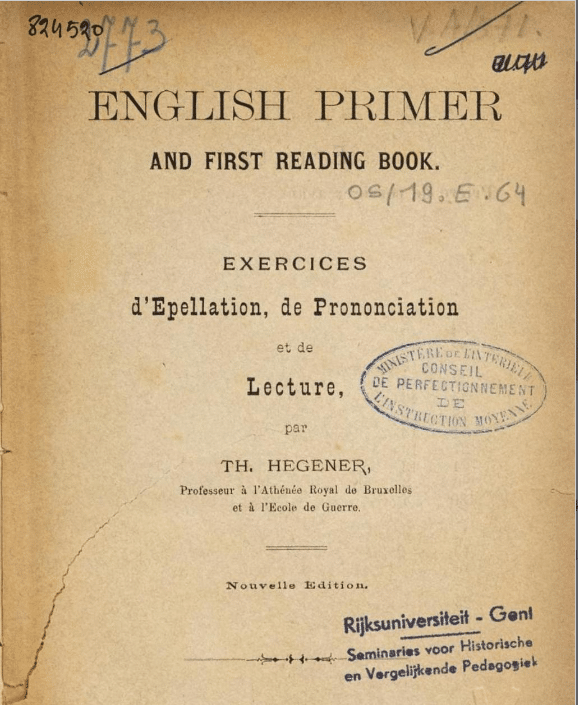A Primer on Service of Process
Serving process on a defendant does two things: (1) it asserts the court’s authority over the defendant; and (2) it provides the defendant with notice of the lawsuit. In the United States, process can be served by private parties. But many foreign states regard service as a public act that can be done only by…
Continue ReadingA Primer on Judicial Assistance Treaties
[This post is one in a series of primers on various topics in transnational litigation. More primers can be found on our topic pages, accessible by clicking Topics at the top of the page.] In transnational litigation it will often be necessary to do something within the territory of another state, such as serve process,…
Continue ReadingSeeking Second Circuit Review of Service in Smart Study
The plaintiff in Smart Study has attempted to appeal Judge Woods’ careful decision concluding that the Hague Service Convention does not permit service by email.
Continue ReadingServing Defendants in Ukrainian Territory Occupied by Russia
Both Russia and Ukraine are member states of the 1965 Convention on the Service Abroad of Judicial and Extrajudicial Documents in Civil or Commercial Matters (Hague Service Convention (HSC)). After Russia occupied the Autonomous Republic of Crimea and its capital city, Sevastopol, and exercised control over certain areas of Ukraine (the “Occupied Areas”), Ukraine filed…
Continue ReadingServing Chinese Defendants—Another Problematic Decision
An order last week in Teetex, LLC v. Zeetex, LLC illustrates some common and problematic approaches to serving process on defendants in China. When service under the Hague Service Convention had not been accomplished within six months, the district court authorized service by email on the defendant’s general manager in China and the general manager’s…
Continue ReadingHow California Broke the Hague Service Convention
The Hague Convention on the Service Abroad of Judicial and Extrajudicial Documents in Civil or Commercial Matters sets forth the rules for serving process on a defendant in another country that is party to the Convention. Under the terms of the Convention, service by mail is not permitted if the nation where the foreign defendant…
Continue ReadingIs the Treaty Supremacy Rule Really Dead?
In Medellín v. Texas, the U.S. Supreme Court held that a non-self-executing treaty does not supersede conflicting state law, or perhaps that courts cannot enforce non-self-executing treaties to override conflicting state laws. After Medellín, one would have expected state courts in treaty supremacy cases to begin their analyses by determining whether a treaty is self-executing….
Continue ReadingSDNY Rejects Service by Email on Chinese Companies
In Smart Study Co. v. Acuteye-US, a federal court in the Southern District of New York (Judge Gregory Woods) rejected service by email on Chinese companies in a trademark and copyright infringement case. China and the United States are parties to the Hague Service Convention. The court reasoned that the Convention precludes service by email,…
Continue ReadingA Primer on State Law in Transnational Litigation
The procedural and substantive rules that U.S. courts apply in transnational litigation come from many sources, including the U.S. Constitution, international treaties, customary international law, federal statutes, federal rules, and federal common law (both preemptive and non-preemptive)—but also, state statutes, state rules, and state common law. This primer focuses on the underappreciated role of state…
Continue ReadingNonperforming States and the Hague Service Convention: What to Do About Russia
The Hague Service Convention is supposed to provide a reliable means of serving process abroad. But what can the United States do about countries like Russia that refuse to execute U.S. requests for service? In an earlier post, I suggested that the Convention could be interpreted, or reinterpreted, to permit service by email in states…
Continue Reading- « Previous
- 1
- 2
- 3
- 4
- Next »





